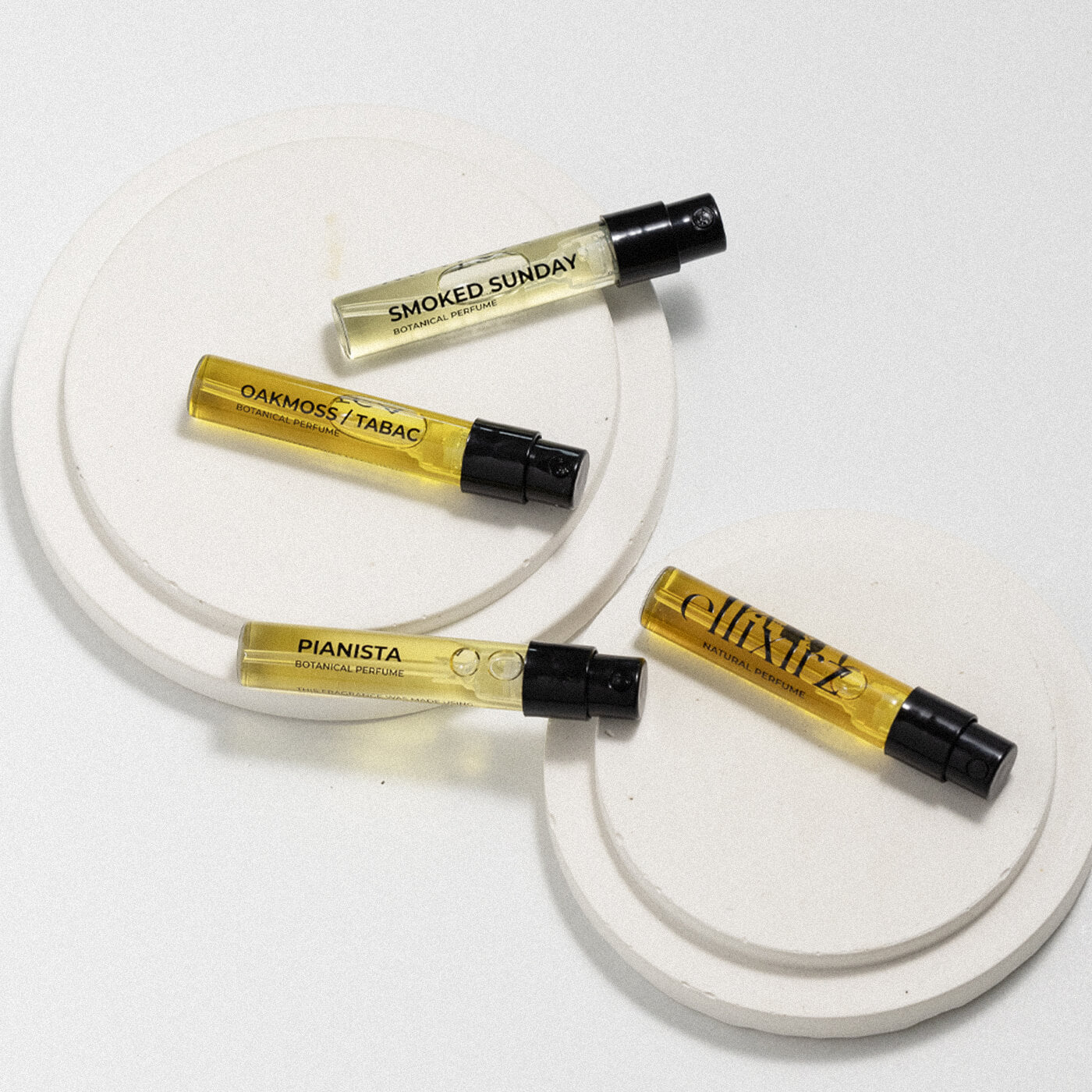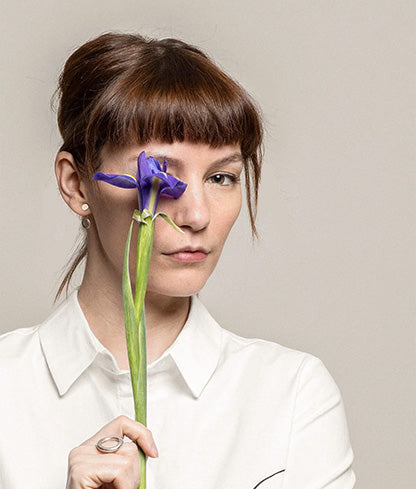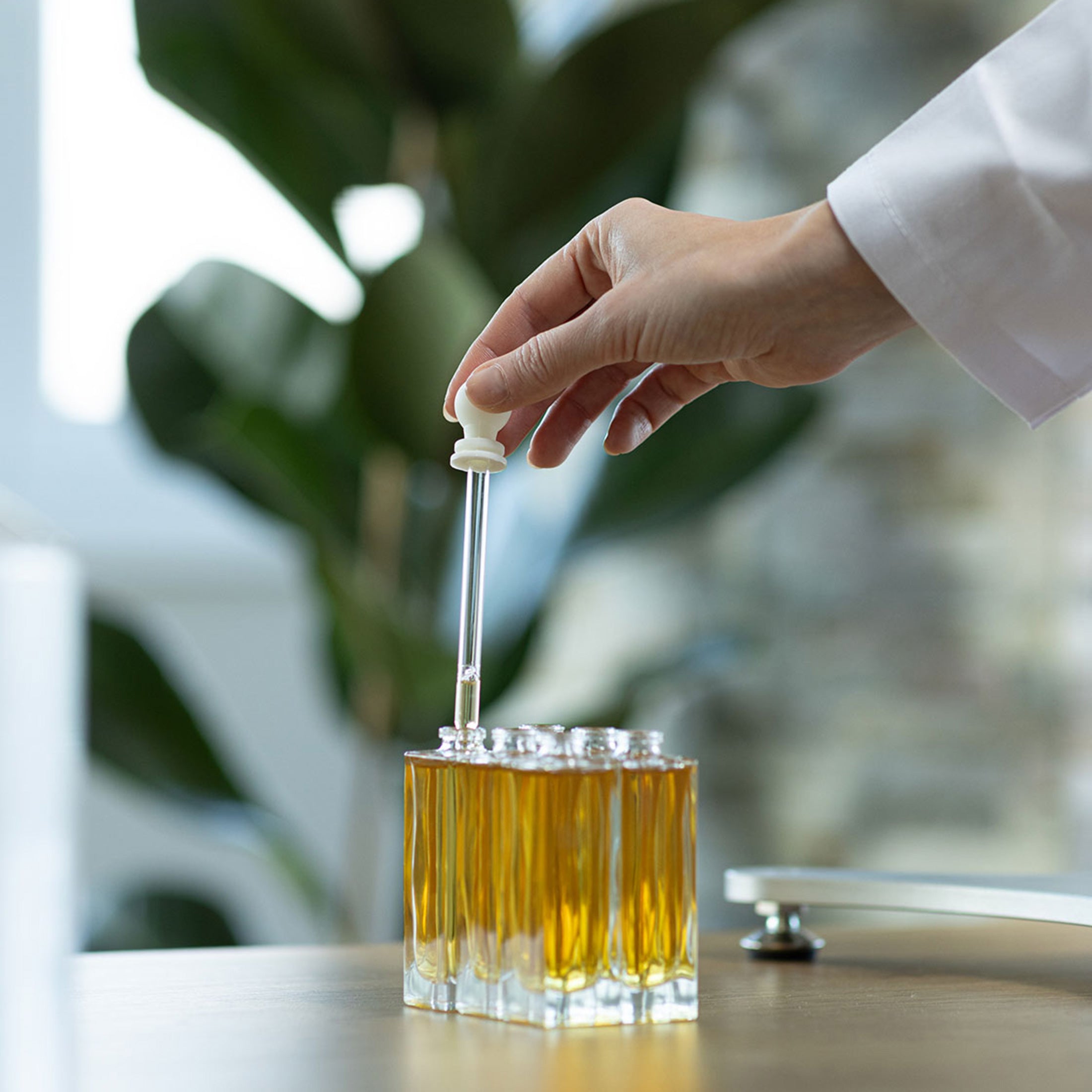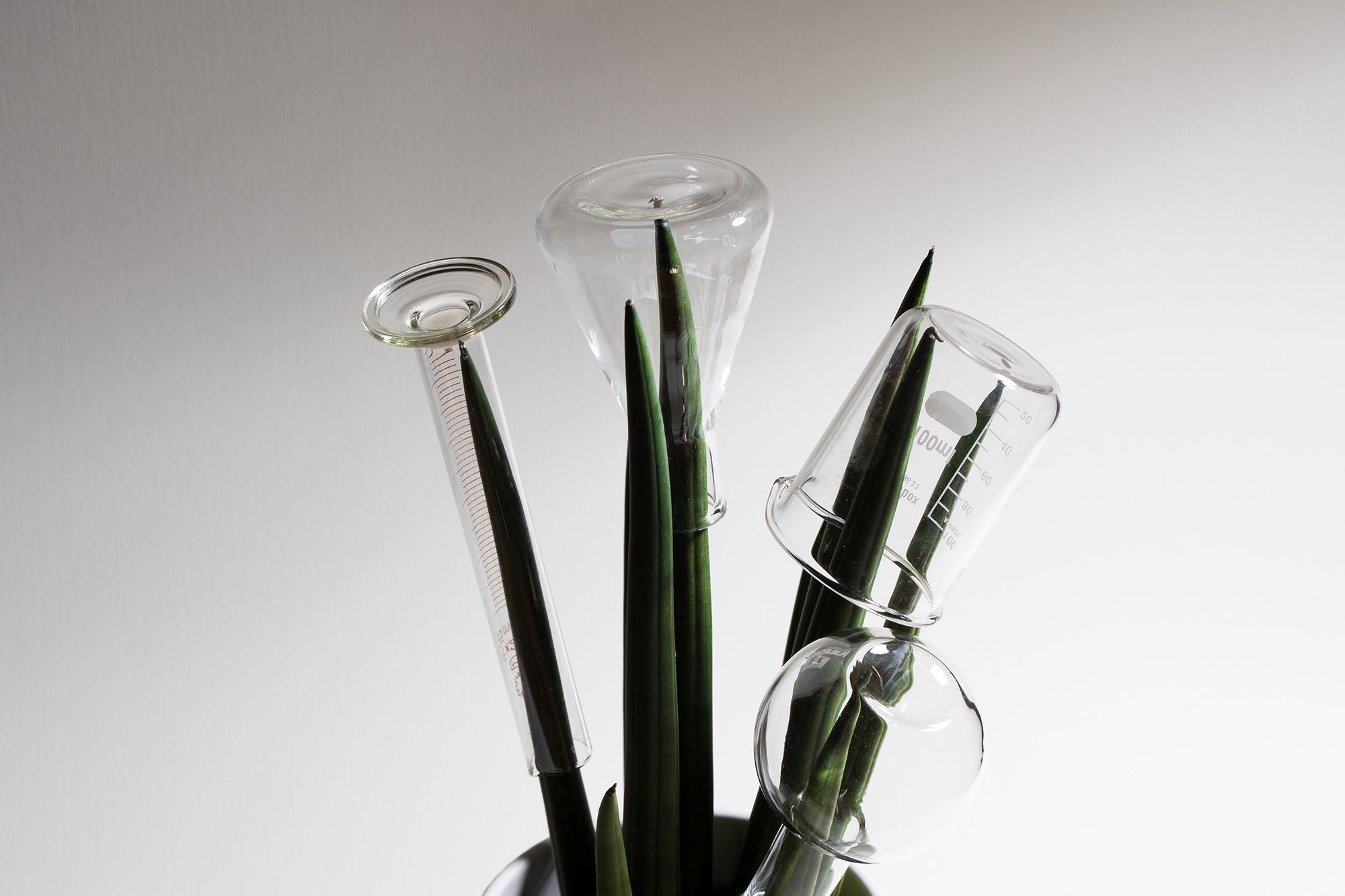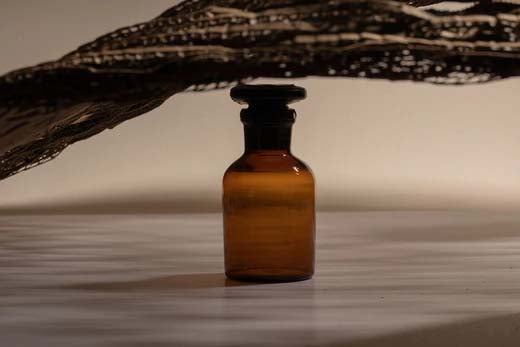
(EN) Botanical vs. Natural Perfume
Hello, dear perfume lover! In the artisan perfumery world, we often hear "botanical" or "natural" perfume, but really, is there any difference? To help to shed some light, we need to mention one important aspect. Perfumes (luckily few nowadays) may contain animal-derived ingredients. From ancient times, civet, sperm whale, musk deer, castor beaver, bees were "sources" for precious materials used in perfumery. These account for the mysterious and sexual "animalic" note and are praised for their excellent fixative power. Except for ambergris from sperm whale and beeswax from bees, the method of extracting the materials is cruel and unethical. A true story that will make you cringe so here's this: for a perfume to contain animal-derived material, an animal must either be tortured or killed. Respected high-end perfumery houses still use the animal-derived ingredients.
More and more nowadays, synthetic musk is preferred instead of the natural origin counterpart. It's much cheaper, and happy to say, ethical. Now you know the dark secret of perfumery.
Knowing this, the distinction between "botanical" and "natural" might come naturally. "Botanical" refers to exclusively plant-based sources. Leaves, buds, woods, roots, barks, flowers, cloves, resins from the natural world. Worth noting that luckily, there are plenty of "botanical" options for that so attractive animalic note we often seek in perfumes. Nonetheless, plant species are endangered due to over-harvesting (Sandalwood, Agarwood, to name a few). This makes them extremely precious, and every single drop we own and use should receive our deepest gratitude and respect for what our dearest Mother Earth provides.



